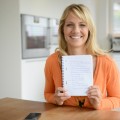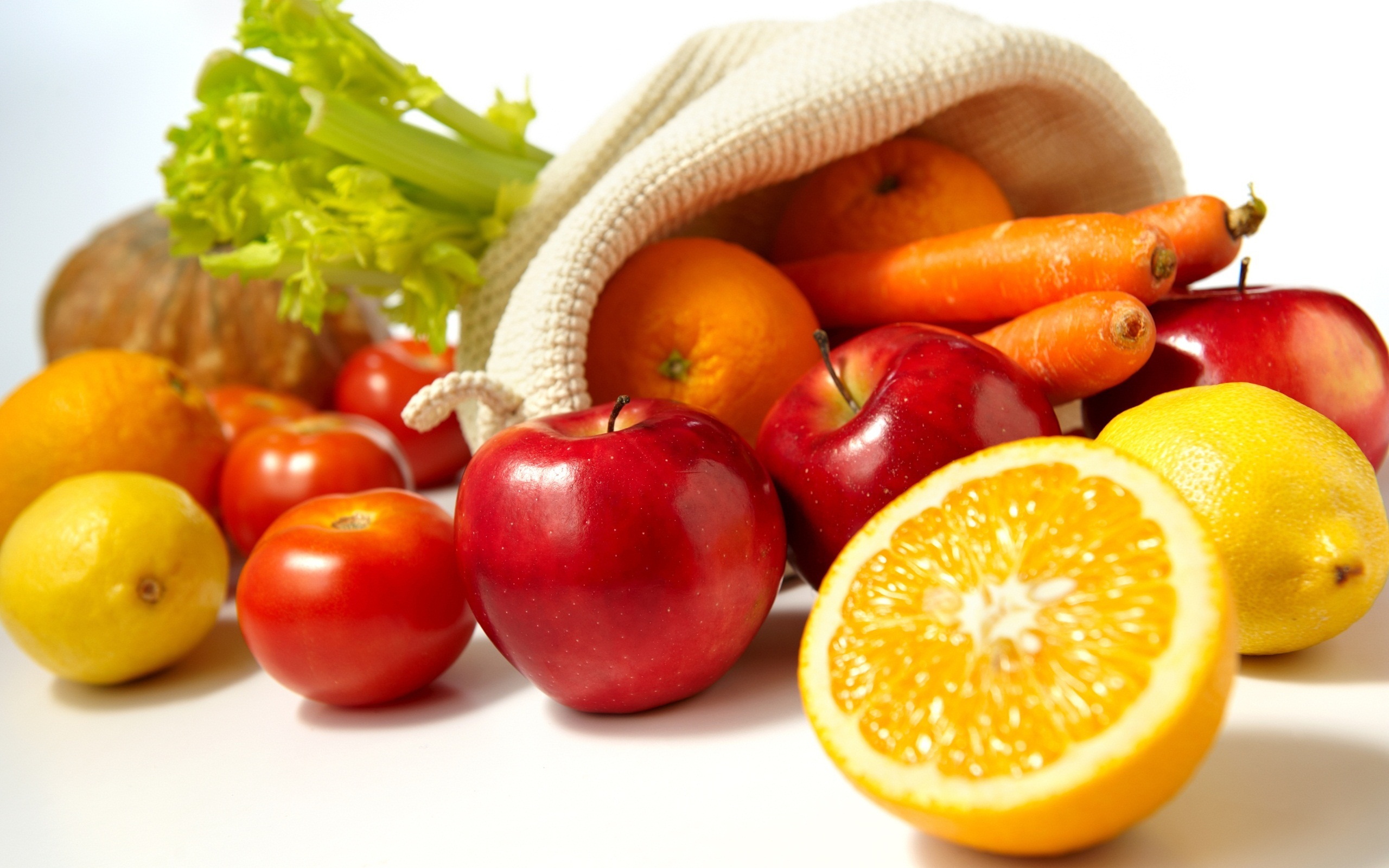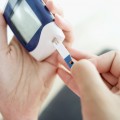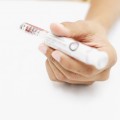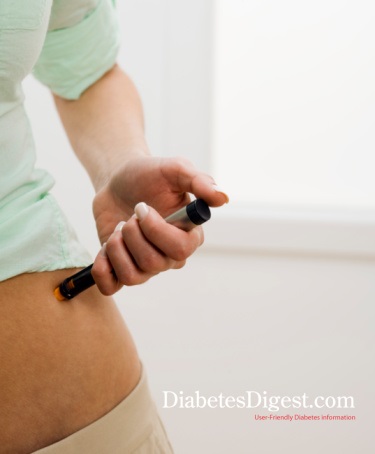Living With Hypoglycemia and Type 2 Diabetes
Most people with diabetes know that keeping their blood glucose levels close to normal can lower their risk of having diabetes problems, such as heart, eye and kidney disease. Most people living with Type 2 diabetes have also struggled, at one time or another, with blood glucose levels that were higher than their targets. But what about hypoglycemia, or low blood glucose levels? Do people with type 2 diabetes need to worry about their blood glucose levels being too low? Read on to learn the answers.
WHAT IS HYPOGLYCEMIA?
Hypoglycemia, also called low blood glucose, is usually defined as a blood glucose level under 70 mg/dL. It occurs when there is too much insulin and not enough glucose in the blood. This can happen to some people with diabetes if they don’t eat enough food (carbohydrates), if a meal is missed or delayed or if their dose of oral diabetes medications or insulin is too large. Doing more physical activity than usual is also a factor. When blood glucose levels drop to too low to give the body enough energy to work properly, early symptoms of hypoglycemia occur. These can include: not being able to think clearly, headaches, sweating, shakiness, hunger, increased heart rate, vision problems, dizziness, sleepiness and mood changes. Usually, hypoglycemia is mild and can be easily and quickly treated. But if it is not treated, hypoglycemia can become severe. This can cause a person to pass out or even go into a coma. It can sometimes cause death. Symptoms of hypoglycemia can vary from person to person, and most people do not have all symptoms at one time.
WHO IS AT RISK FOR HYPOGLYCEMIA?
People with type 2 diabetes who manage it with healthy eating and physical activity generally do not need to worry about low blood glucose levels. Their levels can’t get too low because they don’t take any diabetes medications. Severe hypoglycemia is also very rare among people with type 2 diabetes who take diabetes medications, such as metformin (Glucophage), Actos, Avandia or Precose. But people with type 2 who use certain medications that increase the amount of insulin released from the pancreas can get low blood glucose levels. These medications include sulfonylureas, which are sold under the brand-names Amaryl, Glucotrol, Glucotrol XL, DiaBeta, Micronase and Glynase, as well as the medications Starlix and Prandin. Hypoglycemia also can happen in people with type 2 diabetes who use insulin.
HOW TO AVOID HYPOGLYCEMIA
- Eat similar amounts of food at similar times each day. Your insulin and oral medications need to match your meal schedule. If you do not eat meals or snacks, your blood glucose level could get too low. Work with your health care provider and a dietitian to develop an eating plan that matches your schedule.
- Be smart about when you are physically active. Activity can lower your blood glucose. When you are more active than usual, check your blood glucose more often and carry a source of carbohydrates. Some people need to eat a small carbohydrate snack before exercising. Household cleaning, vacuuming or even gardening are considered “exercise” if you do more than usual. Hypoglycemia can happen several hours or even a day after physical activity. So be sure to check your blood glucose level at bedtime, after you’ve been very active.
- Know your blood glucose level. If you know what your blood glucose level is, you can catch a low blood glucose reaction before it occurs. Check your blood glucose more often if you are exercising, have hypoglycemia often, live alone, take beta blocker medications (which reduce symptoms of hypoglycemia), drink alcohol (which can cause hypoglycemia) or have complications or problems associated with diabetes.
TREATING HYPOGLYCEMIA
Hypoglycemia can become serious and lead to falls or car accidents. But, hypoglycemia is also easily treated if you respond quickly. If you have symptoms of hypoglycemia, such as shakiness, rapid heart rate or weakness, check your blood glucose level. If it is under 70 mg/dL, eat something that has about 15 grams of carbohydrate. (See the guide above for portions of food that contain 15 grams of carbohydrate.) Wait 15 minutes and check your blood glucose level again. If it is not above 80 mg/dL, repeat these steps. Blood glucose levels can drop again later on if you don’t eat enough. So test more often and follow up with a meal or snack in the next few hours.
Concern about hypoglycemia doesn’t need to stop you from keeping your blood glucose as close to normal as possible. So take steps to prevent both high and low blood glucose levels by balancing your food, activity and medications. If you drink alcohol, you will be less likely to go low if you eat at the same time. Be prepared for low blood glucose by keeping a source of carbohydrates and your glucose meter on hand. Let family and friends know what to do if you can’t treat low blood glucose yourself. Feel free to talk with your Walgreens pharmacist about any questions you might have. Learn more about diabetes at www.walgreens.com/diabetes
HYPOGLYCEMIA TREATMENT
Hypoglycemia is treated by eating something that contains about 15 grams of carbohydrate. Carbohydrates become glucose when digested. If your blood glucose is very low, you may need more than 15 grams of carbohydrate. Very severe hypoglycemia that cannot be treated with one of the items listed here will require glucagon or intravenous glucose. If you use insulin, ask your health care provider for more information about glucagon. Make sure that people in your life who are most likely to be around know how to use it.
WHAT HAS 15 GRAMS OF CARBOHYDRATE?
- Three to four glucose tablets
- One dose of glucose gel (large tubes contain 45 grams of glucose, or three doses, and small tubes contain about one dose, or 15 to 20 grams of glucose.)
- 1⁄ 2 cup of juice (any type)
- 1⁄ 2 cup of regular soda (not sugar-free)
- One tablespoon of sugar, honey or syrup
- Six or seven hard candies
- Eight ounces of fat-freemilk
- One fruit roll-up
- One serving of crackers
Any form of carbohydrate can be used to treat low blood glucose, but foods that are high in fiber, high in fat or that contain “resistant” starch are digested more slowly and may not bring up blood glucose levels quickly enough. If you take the oral diabetes medications Precose or Glyset, which interfere with the digestion of starches, use only pure glucose from glucose tablets or gels to treat hypoglycemia.





